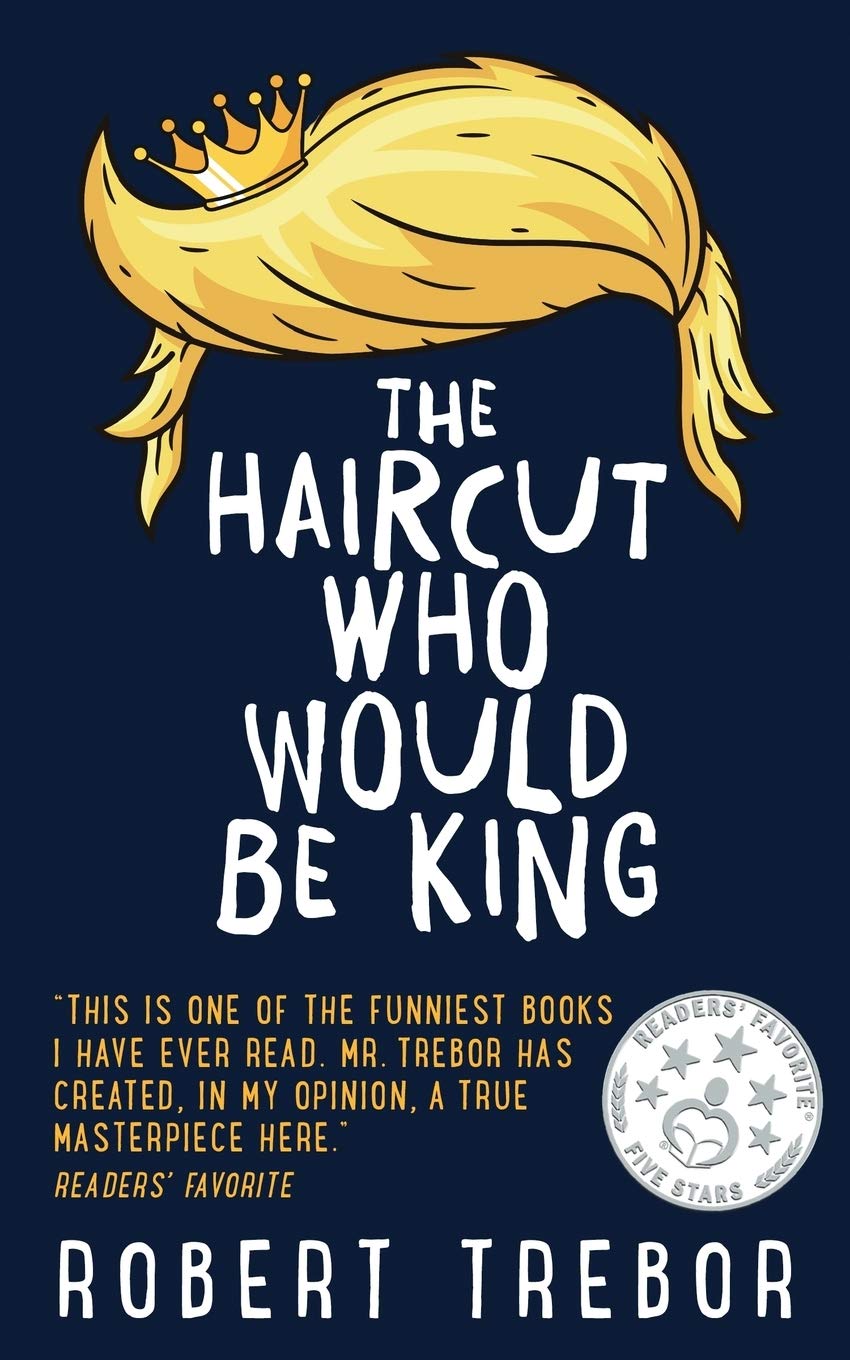1. “Which authors or books have influenced your writing the most?”
Like most people of my generation writing humor, MAD magazine was very influential. I started reading it in 1962 and consumed it avidly for the next seven years. I also picked up paperback anthologies of material from older issues. In high school, an English teacher thought I had a flair for humor and suggested I read S.J. Perelman. I read several collections of his short stories, including Crazy Like A Fox, and Westward, HA! He had a dazzling ability for wordsmithing, juxtaposing words and phrases in an unusual, very witty fashion. My first exposure to political/social satire was again in high school, doing a deep dive into Gulliver’s Travels. This is a much more taboo-breaking, scabrous tome than most people realize. Another influence was an intersection of acting and writing. At university, I portrayed Franz Kafka in a chamber theatre piece, weaving some stories with moments from his life. When you research a writer you’re about to play, it gives you a deep insight and appreciation for the work. In Kafka’s case, that work was the blending of imagination and self-torture. Two of his stories haunt me still: The Hunger Artist and Report To An Academy
Moving forward a few decades, Philip Roth has had a great appeal for me. Primarily to follow through fully on my instincts, without worrying what others may think or approve. His book The Plot Against America had a particular influence on The Haircut Who Would Be King. His work is far more ambitious and brilliant than mine (though not nearly as funny). But we’re both after the same objective, I believe. Vigorously waving a red flag shouting “Warning, danger ahead!”
2. “How do you think satire can impact political discourse?”
Kirkus said of my book, “The first rule of parody is that it must be genuinely funny, and the author accomplishes that repeatedly.” So, let’s say the humor of Haircut is pitched between parody and satire. Parody when it mocks and exaggerates; satire when it bites. The impact is to highlight that the Trump-Putin outrageous warp of reality must NEVER be normalized. Let’s call it a satiric parody.
3. “What impact do you hope your book will have on its readers?”
A Book Pleasures Review said, “If you are feeling down from the bombardment of the daily outrageous behavior of Trump and his MAGAS, the read will provide you with just the right medicine to cure your ills and put away those anti-depressants that you may be taking.”
Though it may be a cliché, laughter often IS the best medicine. I also hope the book will convince those on the fence to VOTE in November. And I would consider it a personal badge of honor, if this book were banned in certain libraries. I’ve actually dreamed about that.
Author Info
Robert Trebor is a character actor with more than 40 years experience on stage, film and television. Two of his noteworthy roles are The Son of Sam in the film Out Of The Darkness, and Salmoneus the merchant in the Hercules and Xena TV series. Playing both a psychopath and a salesman was enormously helpful in preparing this book. For more information – https://roberttrebor.net/

